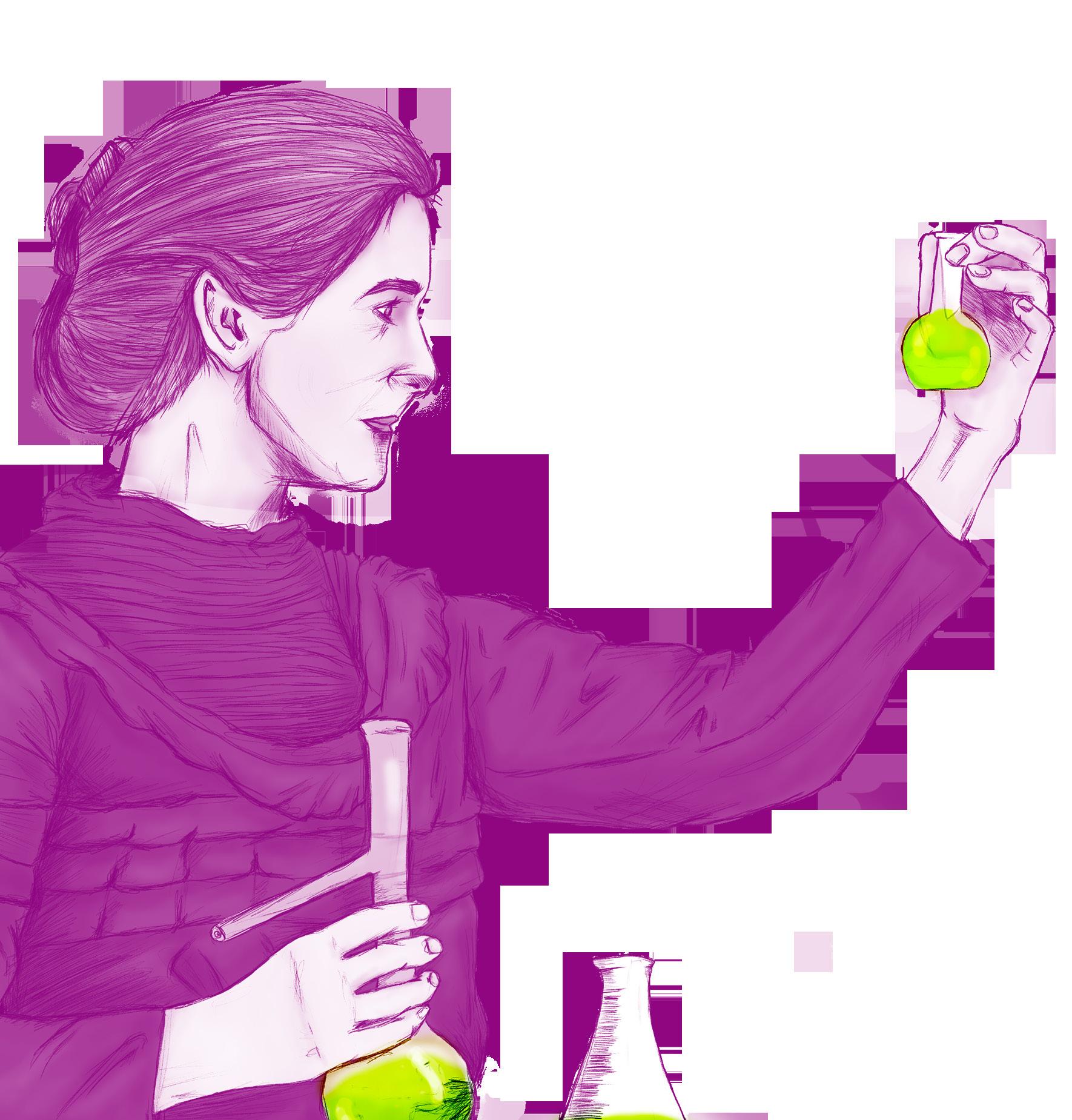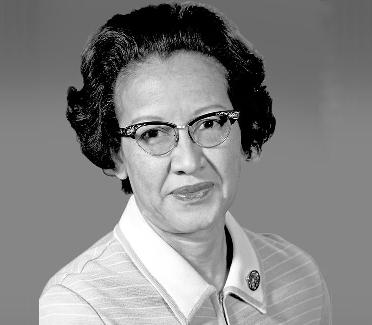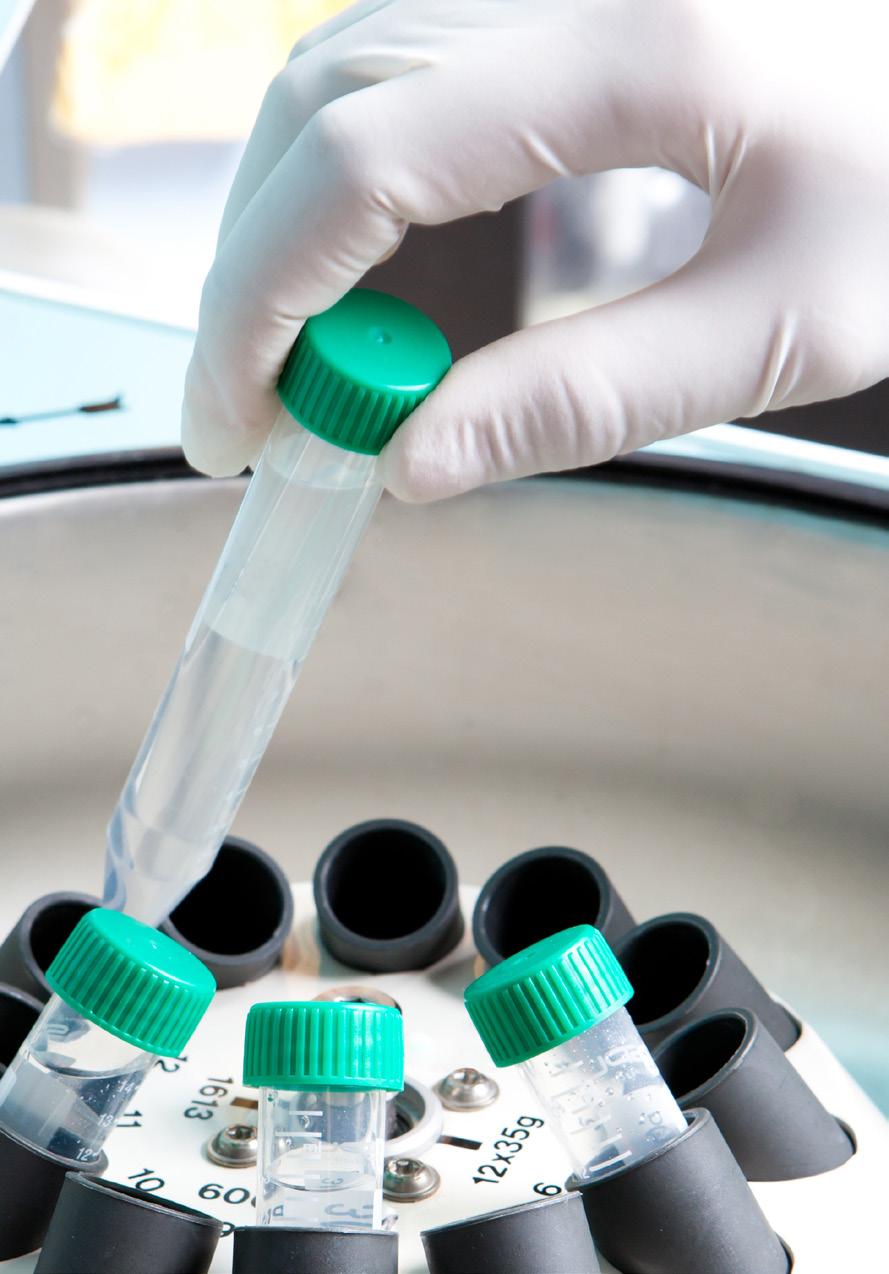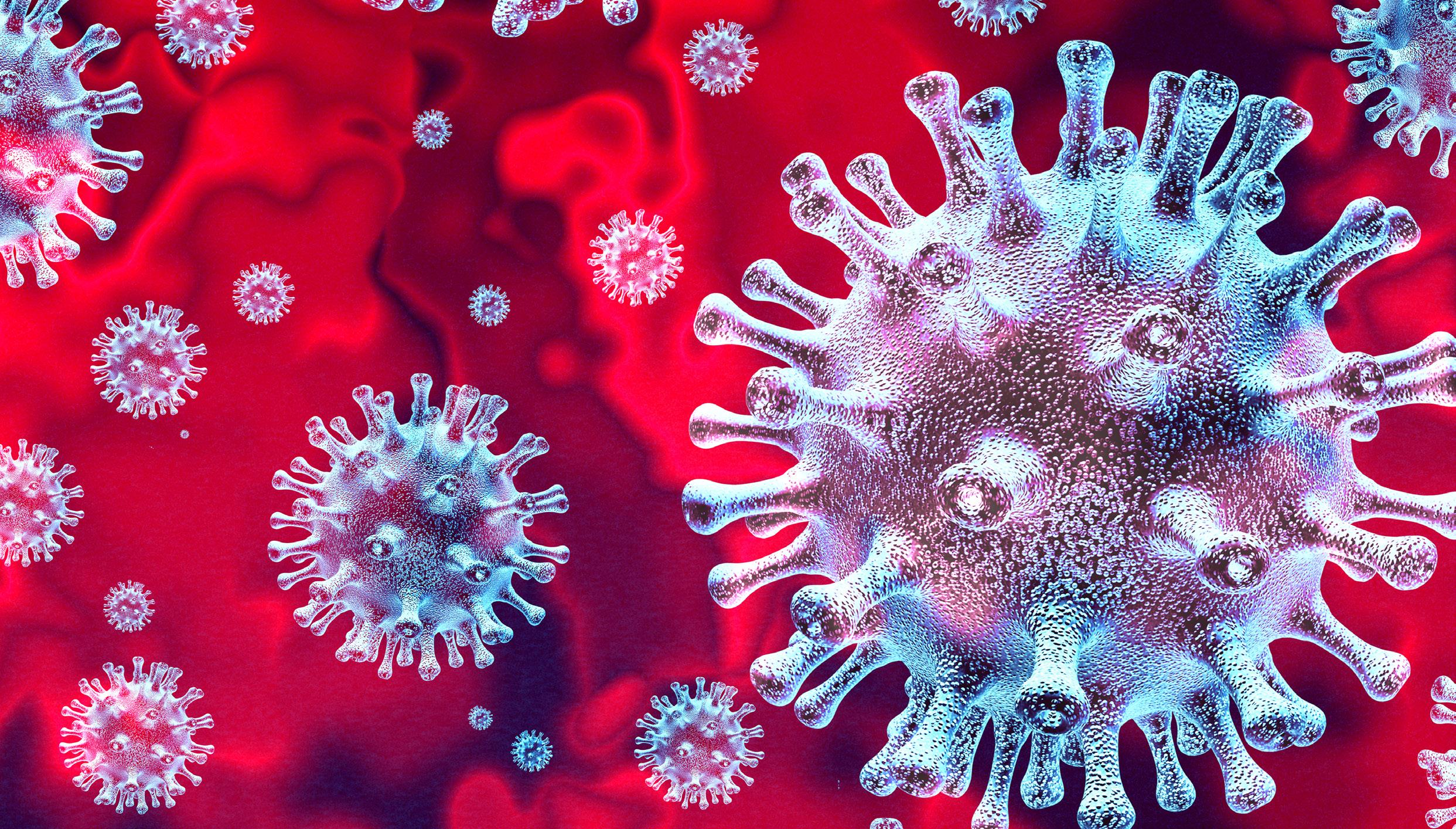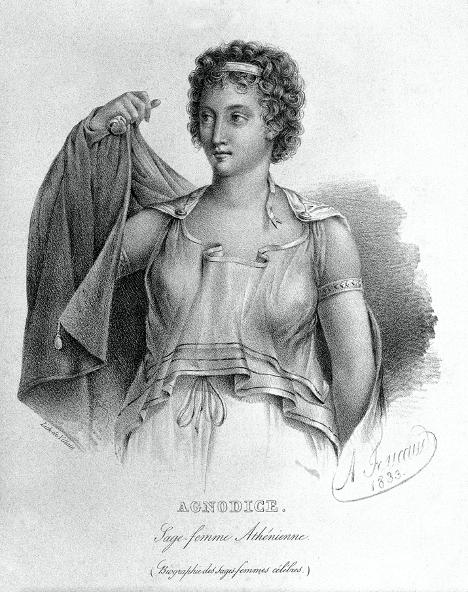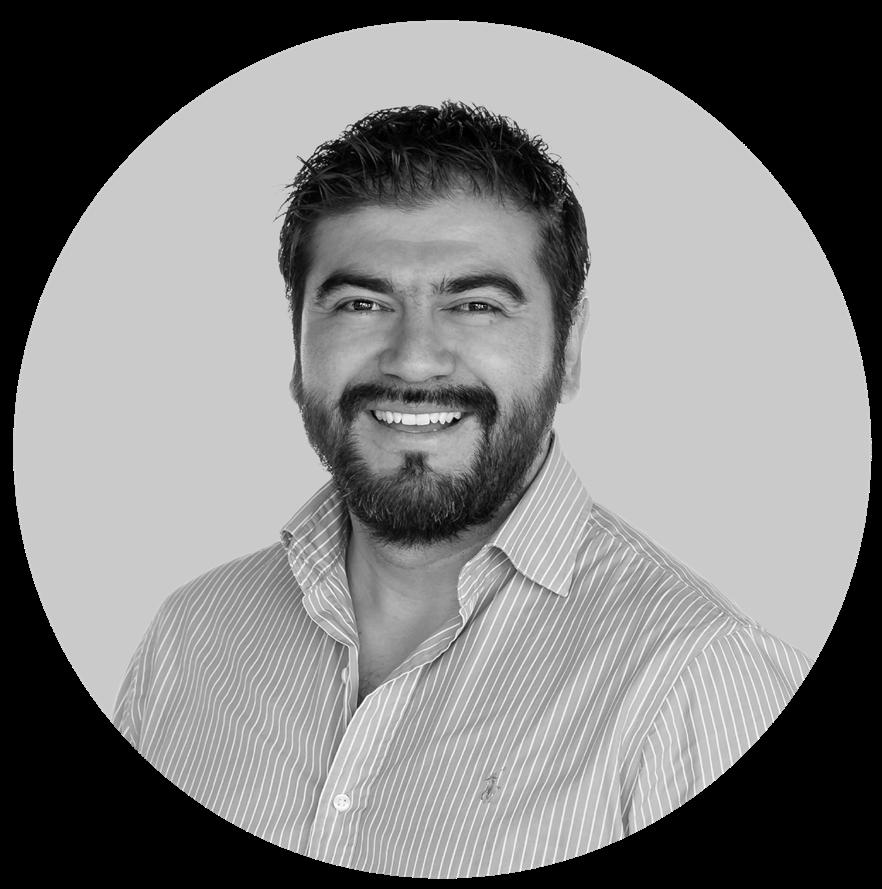[ 3 4 ]
Clinical Research for a New Beginning Dante Alducin He has 12 years of experience in the Clinical Research Field specialized in onclology, currently is dedicated to boosts enrollment studies on demand trough social networks.
Philippus Aureolus Theophrastus Bombastus von Hohenheim, better known as Paracelsus, was one of the most famous alchemists in history. He also helped to produce a revolution in medicine during the Renaissance. But he lived in a different age, when the general rule was to maintain one’s knowledge in obscurity and complexity, like a personal trophy. In the course of time, the study of alchemy branched off and developed into some of the various disciplines of modern science. Nowadays we have the scientific method and sophisticated communication networks: as humankind, we have accumulated more knowledge than at any other period in history.
Well, that’s the theory in any case… Yet today, with the outbreak of COVID-19, some unpleasant facts have emerged: people lack even basic information, such the need for proper handwashing and social distancing. But what is really worrying is the diminished authority that science holds over these issues. There is an interesting paradox: clinical research is one of the most financially powerful branches of the medical industry and it serves to improve human quality of life day by day, and yet, outside of the club, no one really knows about it. What is more, people are afraid of it. They think it is all about guinea pigs in cages or mad scientists testing mysterious “formulas” as they cackle dementedly. Clinical research is not so different today from what alchemy once was, and all of us involved in it are not so different from Paracelsus: we are generating a silent medical revolution of which people are unaware or afraid. Of course, pop culture and past mistakes in history have a lot to do with it, but it also shows how incapable we are of spreading







